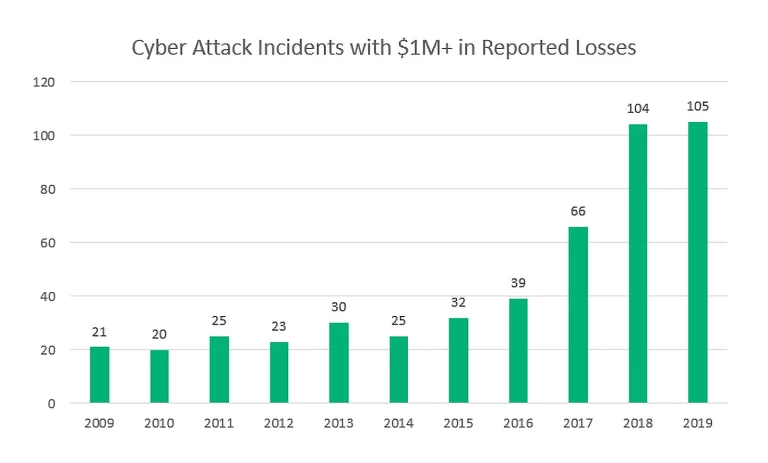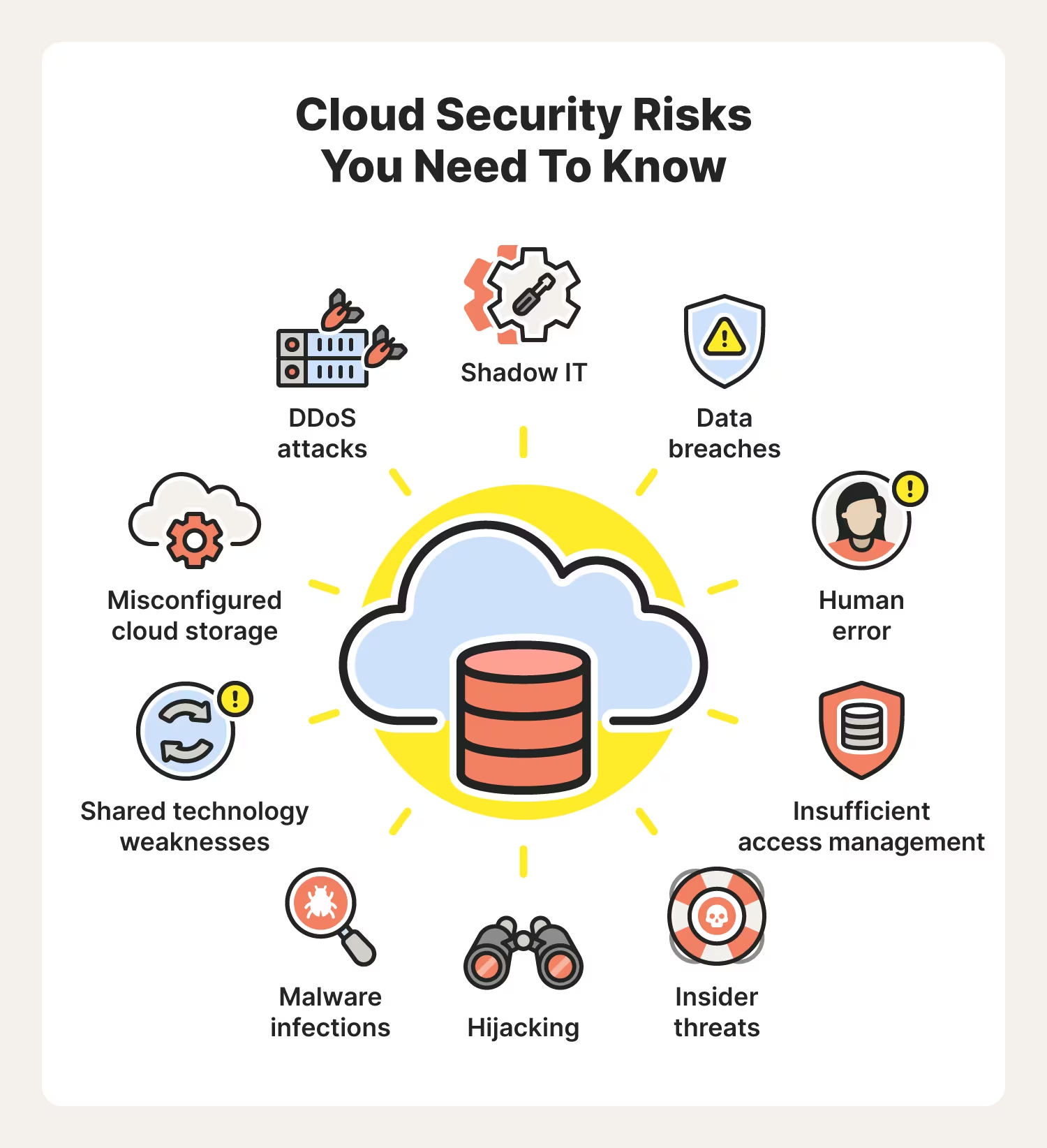The Very Real Cybersecurity Risks Lurking in the Metaverse
The metaverse receives a lot of attention in the tech world today, yet what is often not discussed enough is its cybersecurity implications. As we will see, the metaverse entails some very real—and potentially very serious—security risks that could jeopardize the privacy of both organizations and individuals who decide to plug themselves into the metaverse.
The metaverse is where the physical and digital worlds intersect. It’s a space where people can interact digitally—be that in a work setting or for fun, such as in a meeting or going to a virtual concert.
In many cases, you can enter the metaverse by using VR headsets (such as those from Oculus, HTC Vive, and Sony). Another feature of the metaverse is augmented reality (AR), which involves aspects of the digital world being layered on top of the real, physical world.
Meta, previously Facebook, has invested heavily in the metaverse as a platform and built a metaverse social platform called Horizon Worlds, but there are many other metaverse worlds and games that exist, such as Roblox.
Let’s now explore the cybersecurity risks of entering the metaverse, using some real-world examples.
Data Breaches
In 2018, researchers discovered that it was possible to view information about users who were using an adult content – VR app, including the email addresses, device names, and download details of anyone who paid for the service using PayPal.
When individuals and organizations use the metaverse, it’s still very possible that other types of personal information could be revealed in a data breach.
When interacting with a virtual or augmented reality via a headset or mobile, your data is still going somewhere beyond the headset that you’re wearing.
If a company with a metaverse platform allows for third-party apps at some point, then we need to know what security measures the company will implement in order to protect user data and screen for malicious or insecure apps.
How Criminals Could Capitalize on the Metaverse
The social aspect of the metaverse means that people you know can join you at your digital place – a house that you virtually build inside a VR space, for example . A major security concern here relates to the possibility that these spaces won’t, in fact, be private and inaccessible to strangers. If cybercriminals gain access to your space, then they might be able to find personal information or steal sensitive information that could carry enormous financial repercussions.
Sharing your location, name, or other potentially identifying information could be exploited by malicious actors.
For example, if you’ve created a digital replica of your life for strangers to see, a threat actor could monitor your social media feeds until you announce you’re going on a vacation. Other identifying information could give them the tools to break into digital or even physical spaces while you’re away.
Regulatory Issues
One serious cybersecurity challenge arising once the metaverse appears will be working out which country’s laws apply in metaverse digital spaces.
Furthermore, managing data consents could become unwieldy, with users moving through complex worlds that involve multiple organizations.
How to Reduce the Cybersecurity Risks of the Metaverse
JPMorgan has released a white paper that recognizes user identification and privacy safeguards as crucial elements for interacting and transacting in the metaverse.
They state: “Verifiable credentials [should be] easily structured to enable easier identification of fellow community or team members, or to enable configurable access to varying virtual world locations and experiences.”
Gary Gardiner, head of security engineering for Asia-Pacific and Japan at Check Point Software Technologies, notes that people are considering blockchain technology to identify unique users, or “using tokens that could be assigned by an organization, or biometrics in a headset you’re wearing so there’s that level of trust so you actually know who you’re talking to.” He added that having “little exclamation marks” above avatars’ heads could signal that the person is untrustworthy.
Meta has announced that it is investing $50M in global research and program patterns to make sure that its products are developed responsibly. However, Frances Haugen—who has raised privacy concerns related to Facebook and Meta—is skeptical about Meta’s ability to protect users’ data. Even though privacy experts can make recommendations to Meta, Zuckerberg will ultimately have the final say on whether to act on them or not.
Any metaverse entails some cybersecurity risks, but Zuckerberg’s own vision of the metaverse has attracted specific concerns. As of now, we just have Zuckerberg’s word that his company will develop their metaverse with privacy and security in mind. Based on his track record, however, data privacy may not be at the top of his priority list.
We should bear in mind that it will be 10-15 years before Zuckerberg’s metaverse becomes anything like the vision that he has in mind, and other platforms are still very early in the grand scheme of things.. In the meantime, cybersecurity experts need to voice their security concerns as much—and as widely—as possible, so that everyone can experience this emerging technology with trust.
Cyberlocke is a comprehensive, full-service IT services provider that architects and implements efficient and secure solutions for enterprise customers and their data centers. We specialize in security, cloud, managed services, and infrastructure consulting. Contact Us today to learn more.


